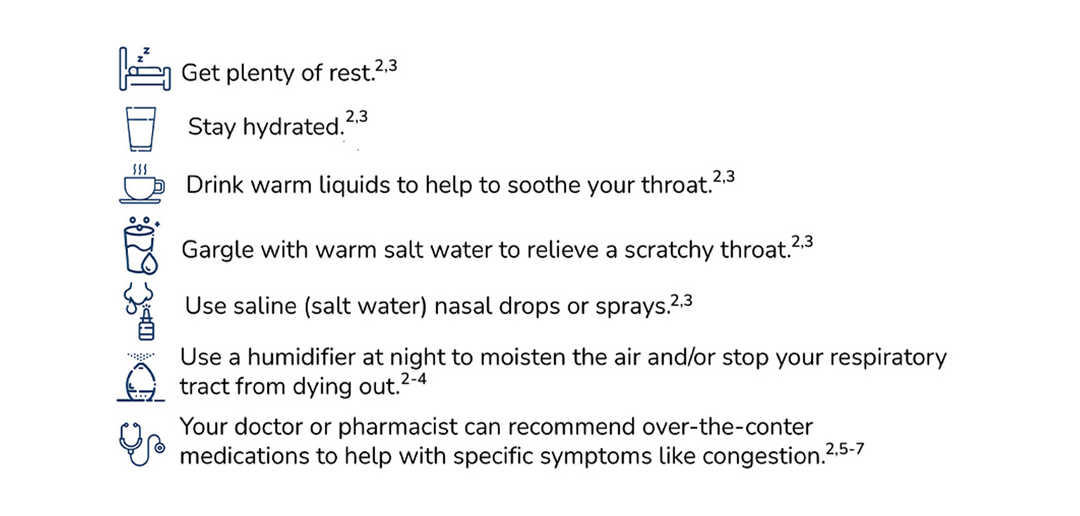TREATING A COUGH
The right treatment will depend on what type of cough you have and the underlying issue that may be causing your cough.1
A cough caused by a common cold or flu virus will usually get better on its own,1 but here are some steps you can take to manage your symptoms and recover faster:

| Did you know? If you have a wet, phlegmy cough, medications known as mucolytics can help to get rid of extra mucus in your respiratory tract.5-7 These medications break down the excess mucus or phlegm in your airways, making it thinner and less sticky, so it’s easier for you to cough it out and get rid of it.5,6 |
|---|

ACC® relieves mucus congestion in the airways1-3

| References |
|---|
|
| Sidebar References |
|---|
|
[S1] ACC® 20 mg/ml Oral Solution. Reg. No.: 48/10.3/0261. Composition: Each 1 ml of ACC 20 mg/ml ORAL SOLUTION contains 20 mg acetylcysteine. ATC Code: R05C B01.
[S1] ACC® 200 (effervescent tablets). Reg. No.: 29/10.2.2/0753. Composition: Each ACC 200 effervescent tablet contains: 200 mg acetylcysteine. Pharmacological Classification: A10.3 Medicines acting on the respiratory system – other.
[S1] ACC® 600 (effervescent tablets). Reg. No.: 45/10.3/0229. Composition: Each effervescent tablet contains 600 mg acetylcysteine. [S1] ACC® 600 ORAL POWDER. Reg. No.: 51/10.3/0816. Composition: Each sachet contains 600 mg of acetylcysteine. ATC Code: R05CB01.
For full prescribing information refer to the Sandoz Professional Information approved by the South African Health Products Regulatory Authority (SAHPRA).
Contact Us
Sandoz SA (Pty) Ltd, Reg. No. 1990/001979/07,
Magwa Crescent West,
Waterfall City,
Jukskei View,
Midrand,
2090.
Tel: +27 (11) 347 6600.
SANCAL Customer Call Centre: 0861 726 225.
Reporting of AEs:
https://pvi1j.solutions.iqvia.com or [email protected]